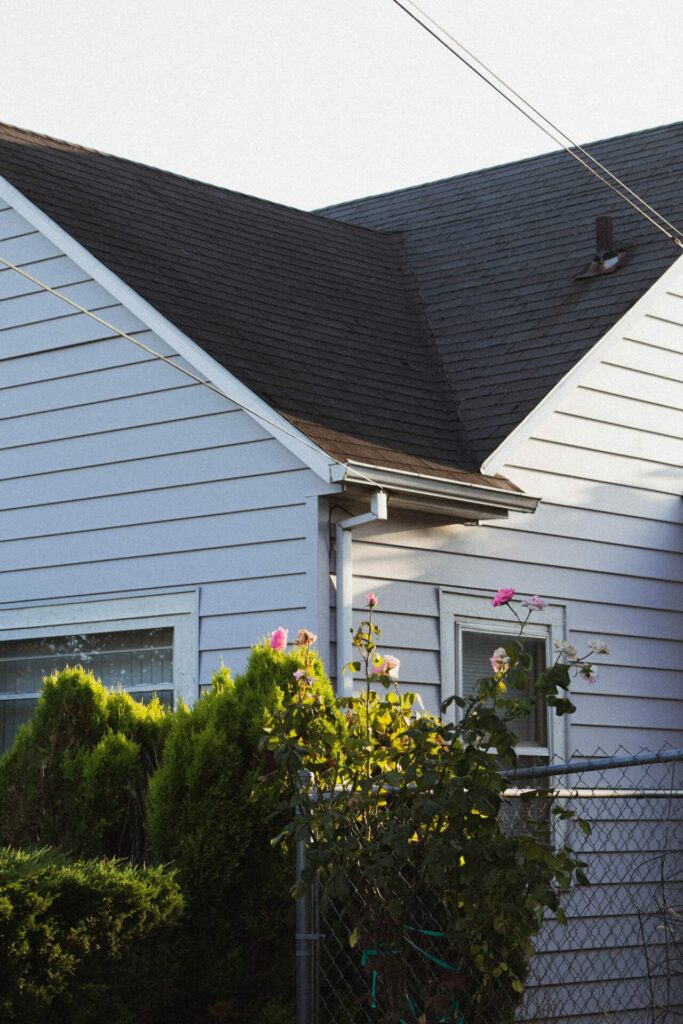Understanding Tax Deductions and Roof Replacements
What are tax deductions?
Tax deductions are amounts you can subtract from your taxable income, reducing your overall tax liability. In some cases, home improvements, like roof replacements, may be eligible for tax deductions or credits. However, there are specific criteria you must meet to qualify.
Is roof replacement tax deductible for homeowners?
In most cases, roof replacement costs are not tax deductible for homeowners. The Internal Revenue Service (IRS) generally considers roof replacements as capital improvements, which increase the value of your property rather than being deductible expenses. However, there are some exceptions, as we’ll discuss in the following sections.
Exceptions to the Rule: When Is Roof Replacement Tax Deductible?
Home office deductions
If you use part of your home as an office for your business, you may be able to deduct a portion of your roof replacement costs. The IRS allows you to deduct expenses related to the business use of your home, including maintenance and repairs, as long as they are directly related to your business. For more information, refer to IRS Publication 587, Business Use of Your Home.
Rental property deductions
If you own a rental property, the expenses related to maintaining that property, including roof replacements, may be tax deductible. The IRS allows landlords to deduct expenses for repairs and maintenance that keep the property in a habitable condition. Be sure to consult IRS Publication 527, Residential Rental Property for further guidance.

Exploring Alternative Tax Benefits for Roof Replacements
Energy-efficient roofing upgrades
Although roof replacements may not be directly tax deductible, there are other tax benefits you can take advantage of. For example, if you install a new, energy-efficient roof, you may be eligible for the Residential Energy Efficient Property Credit.
This tax credit covers up to 26% of the cost of qualifying energy-efficient roofing materials, such as solar roofing tiles or cool roofs. Visit the ENERGY STAR website to learn more about eligible products and requirements.
Frequently Asked Questions (FAQs)
Conclusion
While roof replacements are generally not tax deductible for homeowners, there are exceptions and alternative tax benefits available. By understanding the tax implications of your roof replacement project, you can make informed decisions and potentially save money on your taxes.




